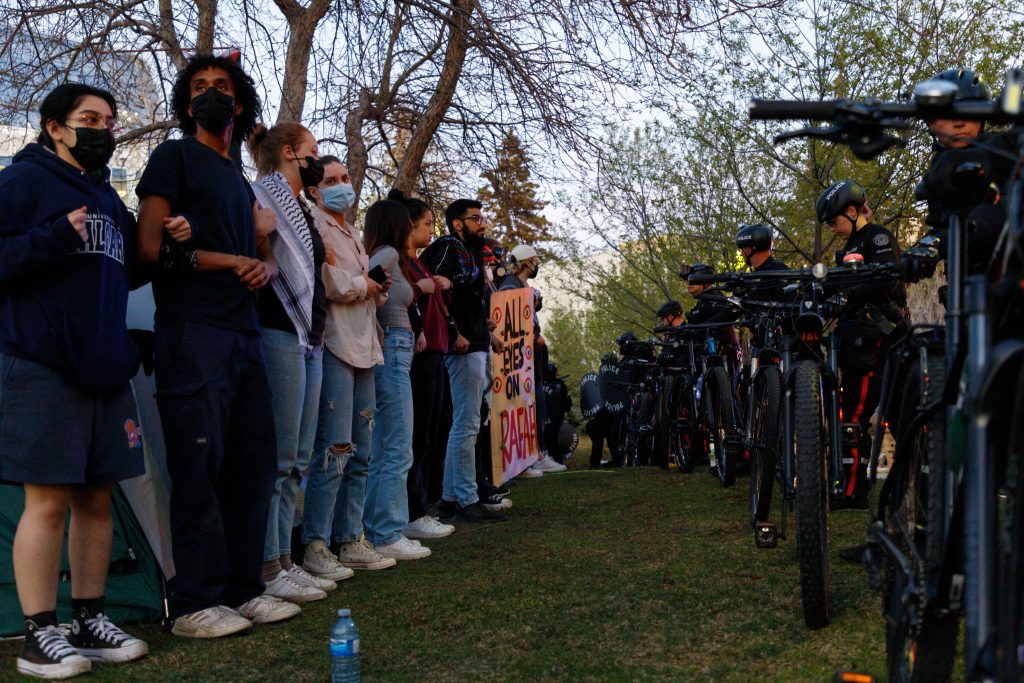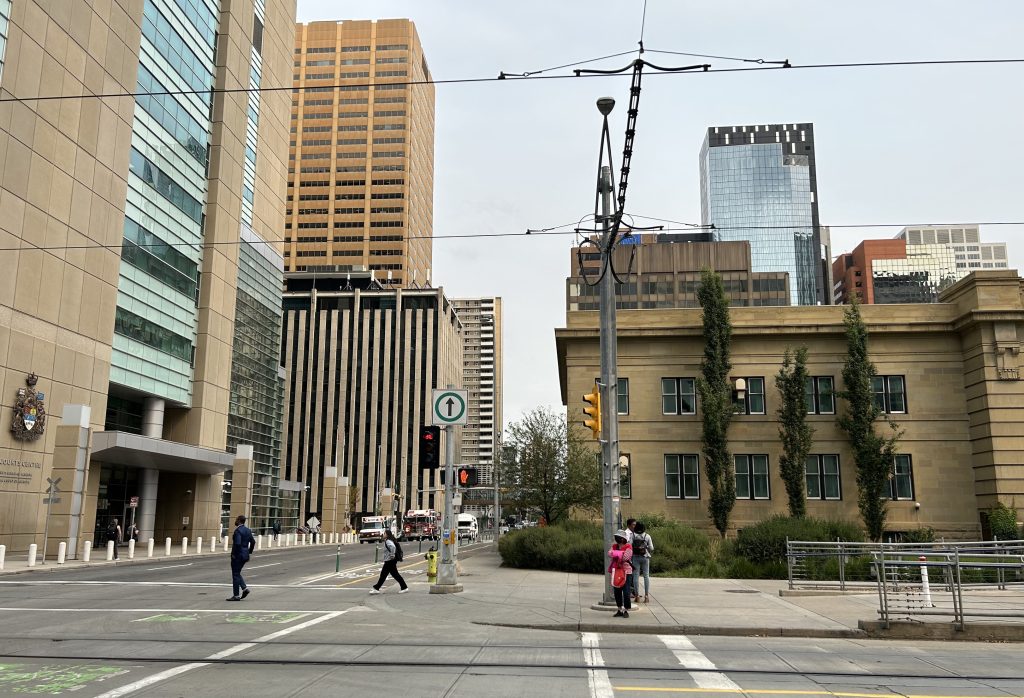South Sudan’s warring factions sign another peace deal; previous ones failed
Posted Feb 2, 2015 6:19 am.
This article is more than 5 years old.
ADDIS ABABA, Ethiopia – ADDIS ABABA, Ethiopia (AP) — South Sudan’s warring factions early Monday signed another peace deal in the latest effort to end hostilities that have raged for more than a year, but analysts expressed doubt about whether it will hold.
The government and rebels have previously signed at least three peace deals which were broken quickly.
South Sudan rebels’ military spokesman, Lul Koang, said keeping the agreement depends on both sides.
“If the government respects the deal, then there will definitely be a decrease in the level of violence. But if they remain in the same mood, it is not going to stop the fight,” Lul said.
Leaders of the regional bloc overseeing the talks, IGAD, will take severe action against anyone who breaks this latest agreement and report them to the African Union and U.N. Security Council, said mediator Seyoum Mesfin. Both have threatened sanctions against those undermining peace in South Sudan, the world’s newest nation, rich in oil.
President Salva Kiir and rebel leader Riek Machar, the former vice-president, were asked to honour what they had signed after four days of intense negotiations.
The U.S. State Department said in a statement Monday that it recognizes the partial accord as a step toward a peace agreement. “Significant challenges remain, however, and we urge the parties to follow through on their renewed commitment to the Cessation of Hostilities and return to Addis Ababa prepared to make the necessary compromises to form a transitional government,” the statement reads.
April, May and June have been set as a pre-transition period, and a transitional government of national unity will start functioning July 9, mediators said. Some sticking points still remain, they said, including the allocation of power.
“In the absence of the promised regime of regional travel bans and asset freezes, the warring parties see no reason to adjust their behaviour,” said Justine Fleischner, Enough project analyst. Fleischner criticized the mediators saying that competing regional economic interests and business ties mean sanctions won’t be imposed. “Meanwhile, the cost of war is being paid by the people of South Sudan.”
The South Sudan government and the rebels agreed to conclude a comprehensive agreement to end the crisis in South Sudan before March 5.
Fighting broke out December 2013 between Kiir’s troops and those loyal to Machar. Since then, more than 1.5 million South Sudanese have fled their homes and tens of thousands have sheltered in U.N. bases.
________
Associated Press writers Tom Odula in from Nairobi, Kenya, and Will Lester in Washington contributed to this report.










